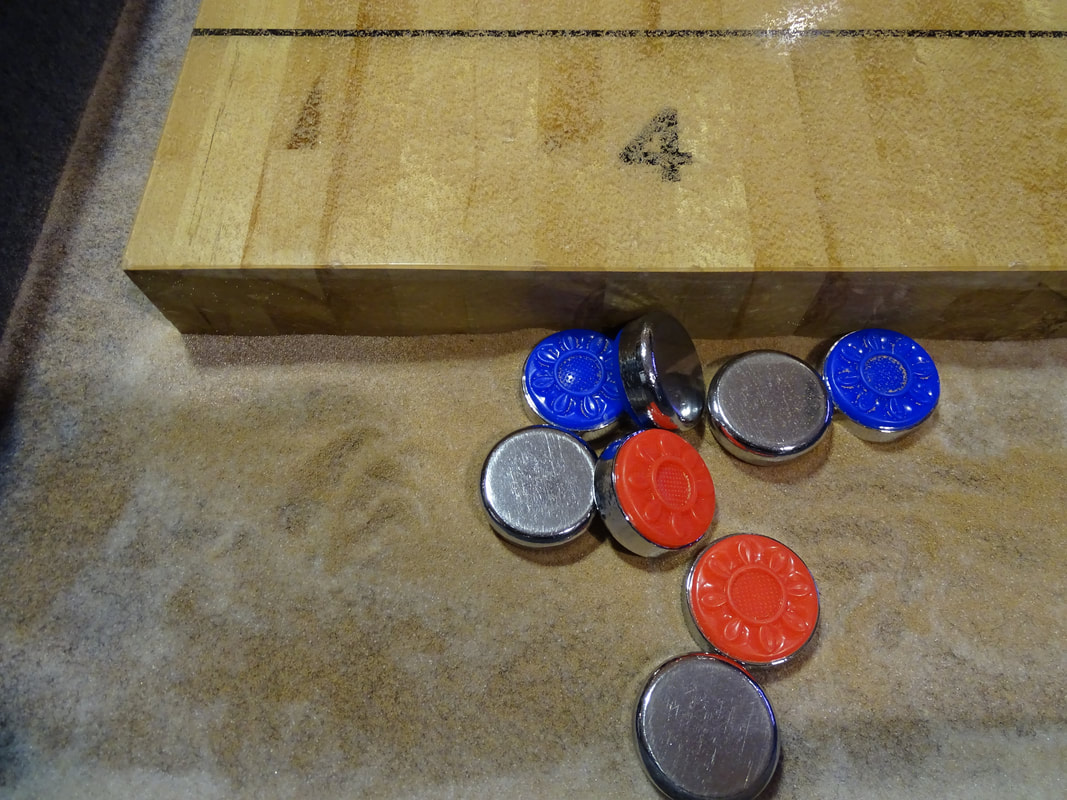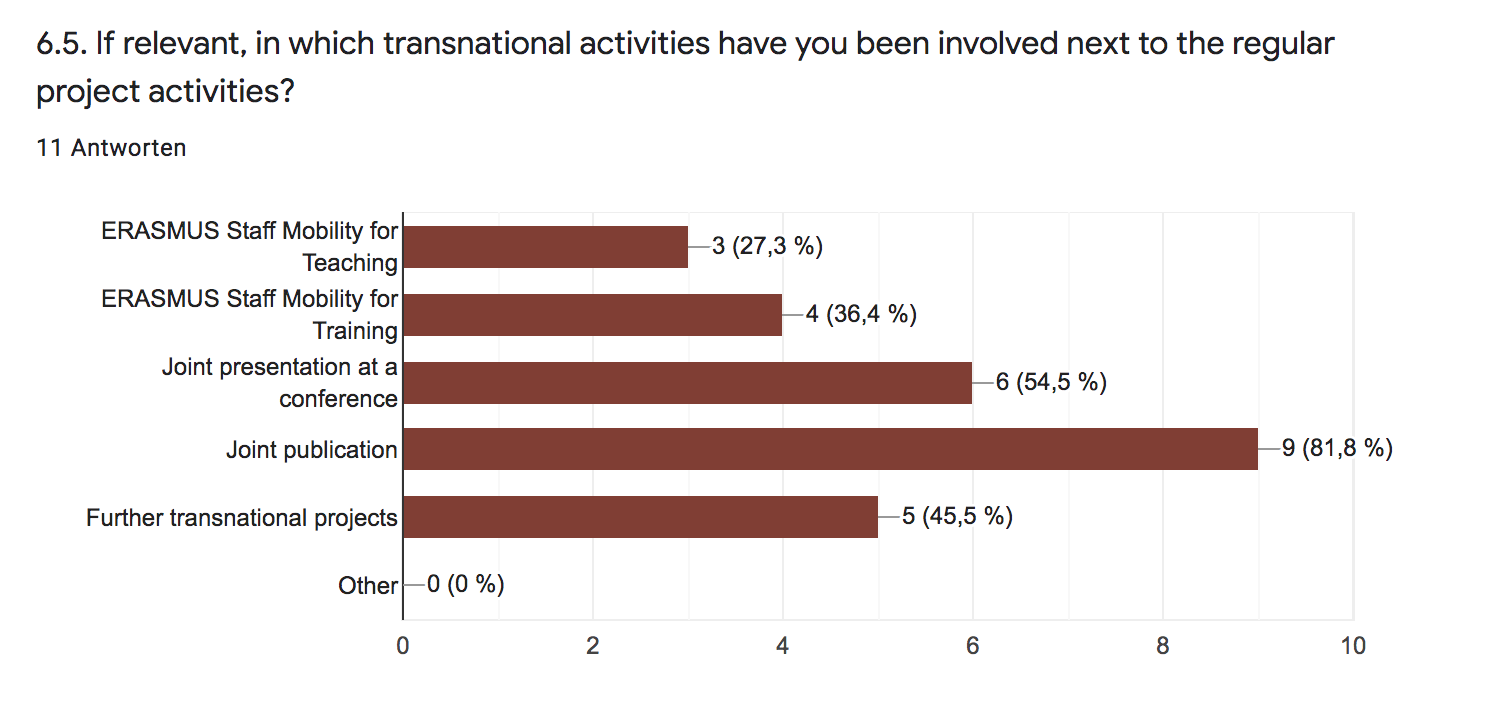Project findings
The proPIC Europa project brought together 5 partners from 4 countries and addressed Key Action 2 of the ERASMUS+ programme on Strategic Partnerships for Higher Education, aiming at promoting professionalism, innovation and transnational collaboration in foreign and second language learning and teaching, integrating research orientation and mobile technologies in teacher education. For this, the project built on an adaptable and innovative framework of a study programme, which was drafted before the start of the project at the University of Education Karlsruhe. For the consortium, it was important to develop a programme with flexible and open elements, as the curricula and the conditions of the project partners involved were quite different to each other, as were some of the perspectives of the partners concerning the theories and models we used as a basis for the programme development.
Targeting pre-service language teachers and teacher educators - the project partners -, the project's main objectives was to define a theoretical concept for Continuing Professional Development (CPD) in the context of foreign and second language learning and teaching which we could then use to develop, test and evaluate an adaptable research-oriented study programme comprising a variety of innovative elements. Crucial for this programme was the interplay between transnational collaboration, the use of mobile technologies and the integration of research-oriented approaches and methods.
As targeted, one group of participants of the project were prospective foreign and second language teachers, meaning graduate and undergraduate students that were enrolled at the partner institutions. The other group of participants were the project partners themselves, namely teacher educators working in the field of foreign and second language learning and teaching. On the whole, all project partners involved in this project reported that the participation in the partnership itself and the integrated activties had a valuable, transforming and highly motivating impact on each of them.
On the student level, there were a number of local, international and virtual activities taking place throughout the project that were all part of the study programme. This included local courses on CPD in language teacher education, face-2-face and virtual tutorials on using mobile technologies in teacher education, and at the heart of the programme, the participation in the 5-days study week abroad. Moreover, each student created an individual or dialogic ePortfolio and creative media-based output, which they could then present at our Final Online Conference. On the level of the teacher educators, there were specific project and dissemination activities involved (i.e. the development of project outputs), but also activities that involved the partners as participants (i.e. the development of a collaborative ePortfolio).
On the whole the project research strand gathered evidence of the empowerment of both, prospective teachers and teacher educators through the interplay between transnational collaboration, mobile technologies and research-orientation. Data shows that the programme supported the participants to actively engage in lifelong learning processes and to cooperatively establish a culture of self-reflection, innovation and interculturality in foreign and second language learning and teaching. With its outcomes and findings, the project has been fully aligned with the Bologna principles and tools at opening Higher Education systems as outlined in the renewed 2011 EU Modernisation Agenda. Please have a look at our various publications for more project findings. Also, the most important findings will be presented in our final publication in 2021.
The project has provided evidence of:
- increased openness and motivation to engage in transnational exchange;
- improved confidence in using mobile technologies in professional practices;
- increased motivation to engage in lifelong and innovative learning processes;
- stronger existing and new ties between European institutions;
The longer-term impact of proPIC will be evident in the continuing shift in policy and practice in relation to foster European collaboration and the use of mobile technology in teacher education.
Targeting pre-service language teachers and teacher educators - the project partners -, the project's main objectives was to define a theoretical concept for Continuing Professional Development (CPD) in the context of foreign and second language learning and teaching which we could then use to develop, test and evaluate an adaptable research-oriented study programme comprising a variety of innovative elements. Crucial for this programme was the interplay between transnational collaboration, the use of mobile technologies and the integration of research-oriented approaches and methods.
As targeted, one group of participants of the project were prospective foreign and second language teachers, meaning graduate and undergraduate students that were enrolled at the partner institutions. The other group of participants were the project partners themselves, namely teacher educators working in the field of foreign and second language learning and teaching. On the whole, all project partners involved in this project reported that the participation in the partnership itself and the integrated activties had a valuable, transforming and highly motivating impact on each of them.
On the student level, there were a number of local, international and virtual activities taking place throughout the project that were all part of the study programme. This included local courses on CPD in language teacher education, face-2-face and virtual tutorials on using mobile technologies in teacher education, and at the heart of the programme, the participation in the 5-days study week abroad. Moreover, each student created an individual or dialogic ePortfolio and creative media-based output, which they could then present at our Final Online Conference. On the level of the teacher educators, there were specific project and dissemination activities involved (i.e. the development of project outputs), but also activities that involved the partners as participants (i.e. the development of a collaborative ePortfolio).
On the whole the project research strand gathered evidence of the empowerment of both, prospective teachers and teacher educators through the interplay between transnational collaboration, mobile technologies and research-orientation. Data shows that the programme supported the participants to actively engage in lifelong learning processes and to cooperatively establish a culture of self-reflection, innovation and interculturality in foreign and second language learning and teaching. With its outcomes and findings, the project has been fully aligned with the Bologna principles and tools at opening Higher Education systems as outlined in the renewed 2011 EU Modernisation Agenda. Please have a look at our various publications for more project findings. Also, the most important findings will be presented in our final publication in 2021.
The project has provided evidence of:
- increased openness and motivation to engage in transnational exchange;
- improved confidence in using mobile technologies in professional practices;
- increased motivation to engage in lifelong and innovative learning processes;
- stronger existing and new ties between European institutions;
The longer-term impact of proPIC will be evident in the continuing shift in policy and practice in relation to foster European collaboration and the use of mobile technology in teacher education.
|
The main outputs were:
|
In the next project...
- ... I would include even more additional ERASMUS+ staff mobility. I think it's a great chance to experience a different system of teaching and learning in order to reflect upon that.
- ... I would invite more external professionals to give short talks / inputs, also during partner meetings.
- ... I would encourage even more smaller transnational group work within the consortium.
- ... I would try to get people to specify needs and motivations right from the start.
- ... I would focus less on the administration and more on the content.
- ... If it's a long term project I might have something like a guideline/tutorial for new staff, because it's not easy to go through the whole material of the drive.



